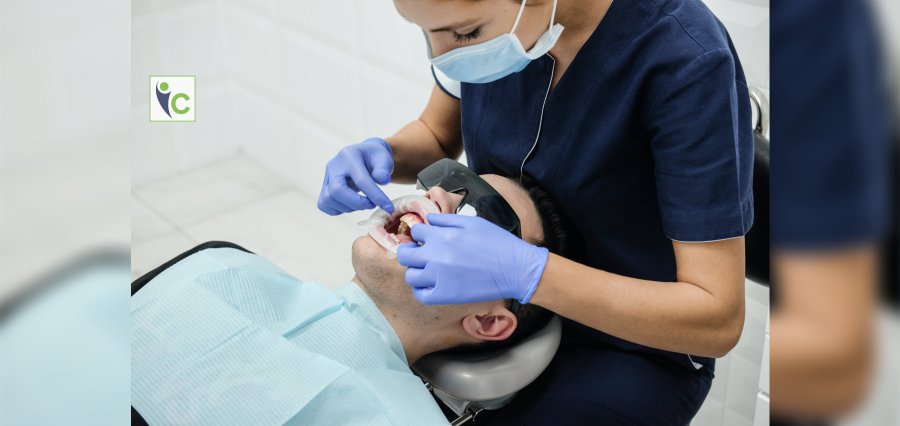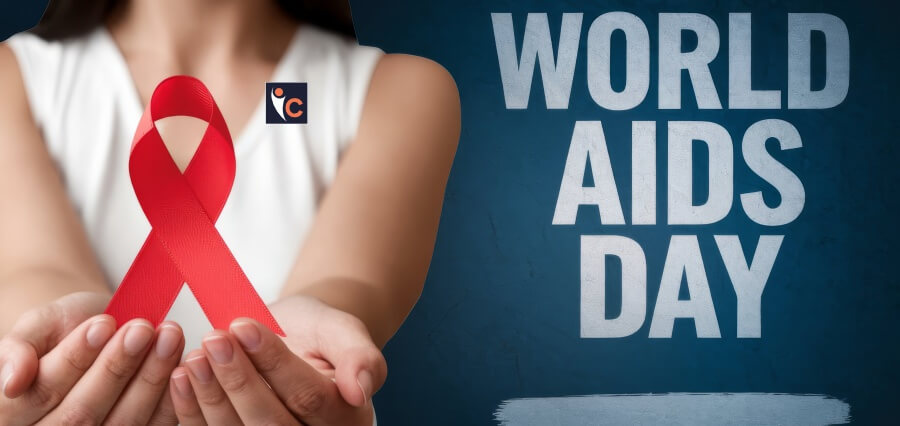Following COVID-19 the rising cases and death rates due to black fungus have alarmed the governments, healthcare sector, as well as common public. In India, cases, as well as death rates, are steadily rising, so much as the Delhi government has declared black fungus as an epidemic in the national capital of India.
Amidst the constant fight against this ‘pandemic within pandemic’ here are key things you should know to stay informed and take the right actions when needed.
What is black fungus?
Black fungus or mucormycosis is a condition caused by a fungal infection. Medical experts term it as a rare yet potentially fatal condition. The primary reason for this fungal infection is the fungal spore floating in the environment. One may have this condition when the fungus enters the skin through a burn, cut, or other types of skin conditions.
When one comes in contact with this fungus by touch, it can stick to a body part and after a point travels inside the body through the nose, sinus, or lungs.
Symptoms of black fungus
According to the Indian Council of Medical Research (ICMR), some of the early signs of black fungus include nasal blockage or sinus pain, one-sided headache, numbness, toothache, and losing teeth.
Also, as per the reports from various top hospitals patients are also reporting blurry vision, discoloration, and discharge from the nose or black lesions inside the mouth.
How black fungus is treated?
Once getting in contact with the fungus, it spreads through the nose, impacts one’s vision, and eventually reached the brain, which makes this condition potentially deadly. Thus, it requires multi-discipline expertise to treat black fungus.
When undetected for long, this fungal infection can affect different parts of the body. In such cases, a team of microbiologists, ENT specialists, internal medicine specialists, intensive neurologists, etc work collaboratively.
In some cases, surgeons have to operate and remove all the infected tissues as a part of life-saving procedures.
Read More News: Click Here










